The corridors of Techno Main Salt Lake vibrated with intellectual energy and cultural vibrancy on Saturday evening as the institution hosted its flagship event, EDGE 2025 by science and tech club Geekonix. Far beyond a typical talent showcase, this year’s edition evolved into a powerful platform for musical expression, stand-up comedy, innovative ideas, and, most importantly, profound conversations surrounding mental health, empathy, and identity.
As dusk settled over the city, the anticipation in the packed campus reached a crescendo with the arrival of two of Bengal’s most celebrated figures in the music industry: the iconic Rupam Islam and the powerful voice of Sidhu from Cactus. This fireside chat was hosted by none other than Meghdut Roychowdhury, Exective Director and CIO at Techno India Group. While their immense popularity drew a significant crowd, it was their genuine commitment and heartfelt sincerity that truly resonated with the audience.
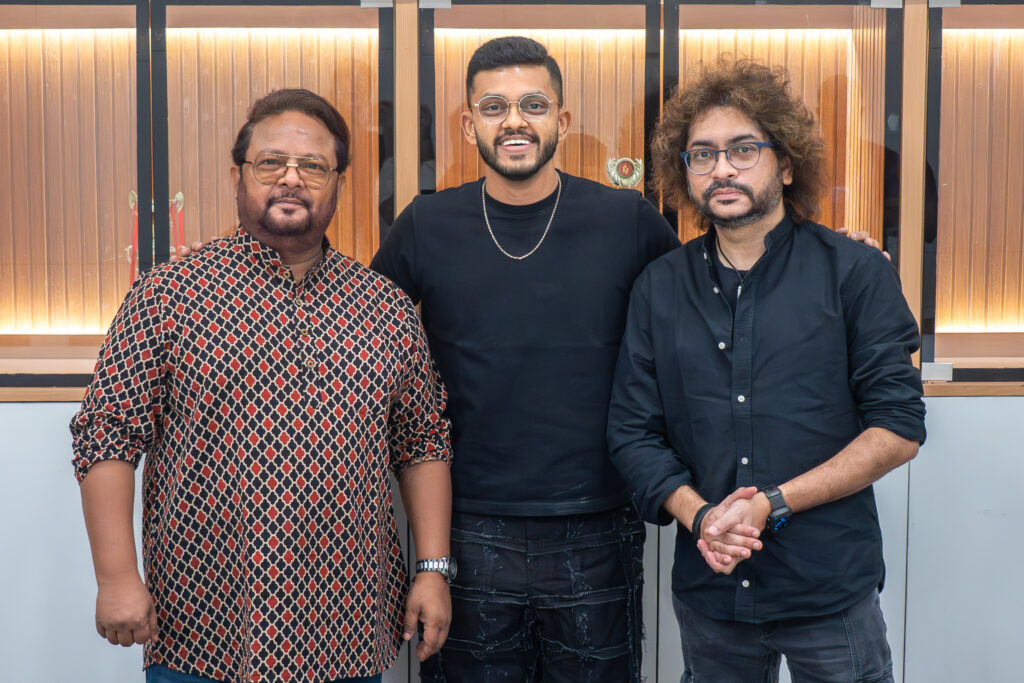
Rupam Islam, known for his emotionally charged lyrics, delved into the often-overlooked psychological pressures inherent in creative careers. “We romanticize pain too often”, he asserted, emphasizing, “But it is okay to ask for help, to sit with the pain – spend time with it. It is okay to break down. And also, it is admirable to go through the healing process.” He passionately stressed the urgent need to eradicate the stigma surrounding suicide and to cultivate safe environments where young individuals feel empowered to express themselves freely. “The hardest part is life itself. Death is easy – it’s when you look life in the eye and challenge it, it all becomes clear.”
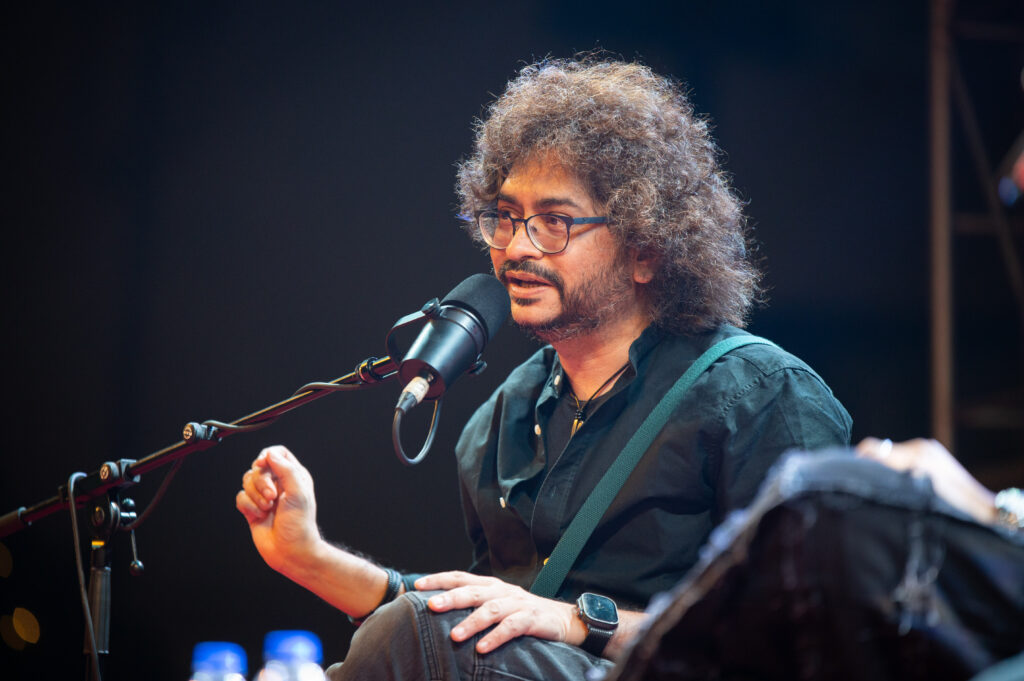
Sidhu, the charismatic frontman of the legendary Bangla rock band Cactus, echoed this sentiment, speaking about the deep-seated emotional fatigue that permeates society. “Young lives are lost because of our neglect,” he lamented. “We have created a world where there is endless comparison—you seek likes and approval, and end up losing your self in the process.” He passionately urged the audience to “unlearn judgment and embrace empathy,” highlighting the societal silence surrounding depression and the critical need to truly listen to those struggling.
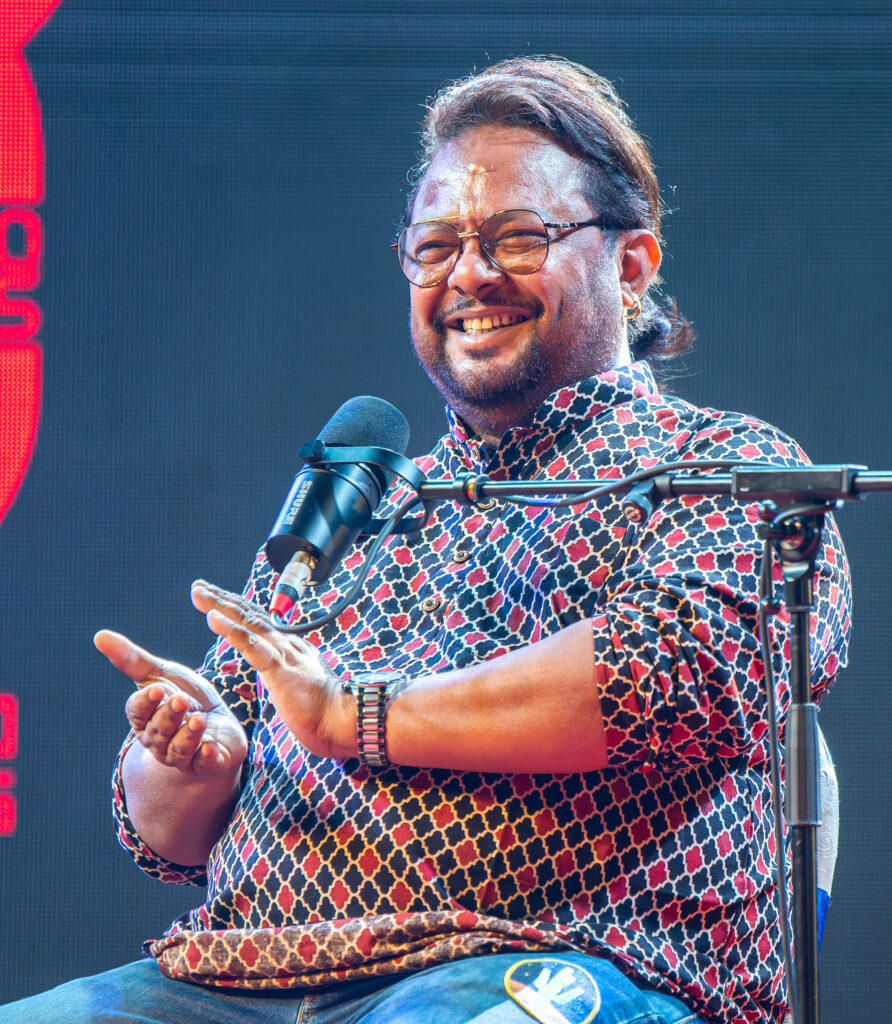

Meghdut Roychowdhury raised a pertinent question that sparked a thoughtful exchange between the esteemed musicians. He inquired about their perspectives on the growing “TikTokification” of music, a phenomenon where the art form is increasingly condensed into brief, minute-long reels and short video formats. This trend, driven by the demands of social media consumption, prompted a divergence in their viewpoints. Rupam Islam, with his characteristic artistic freedom, responded with a firm belief in the absence of rigid boundaries in art. He asserted, “According to me, there are no rules. Art can be whatever a person wants it to be. Make your own rules.” This perspective championed individual expression and the fluidity of artistic creation, suggesting that artists should not be constrained by conventional expectations or the limitations imposed by short-form content platforms. In contrast, Sidhu offered a more traditional and nurturing view of music creation. He expressed his reservations about crafting music solely for the purpose of short, attention-grabbing reels, stating, “I don’t think I believe in being able to create music just for the sake of reels in under a minute or so. Music, according to me, needs love, pampering, and a whole lot of care.” Sidhu’s response highlighted the importance of dedication, emotional investment, and a more protracted creative process in the development of meaningful musical pieces, suggesting a potential conflict between the demands of viral content and the intrinsic needs of artistic cultivation.


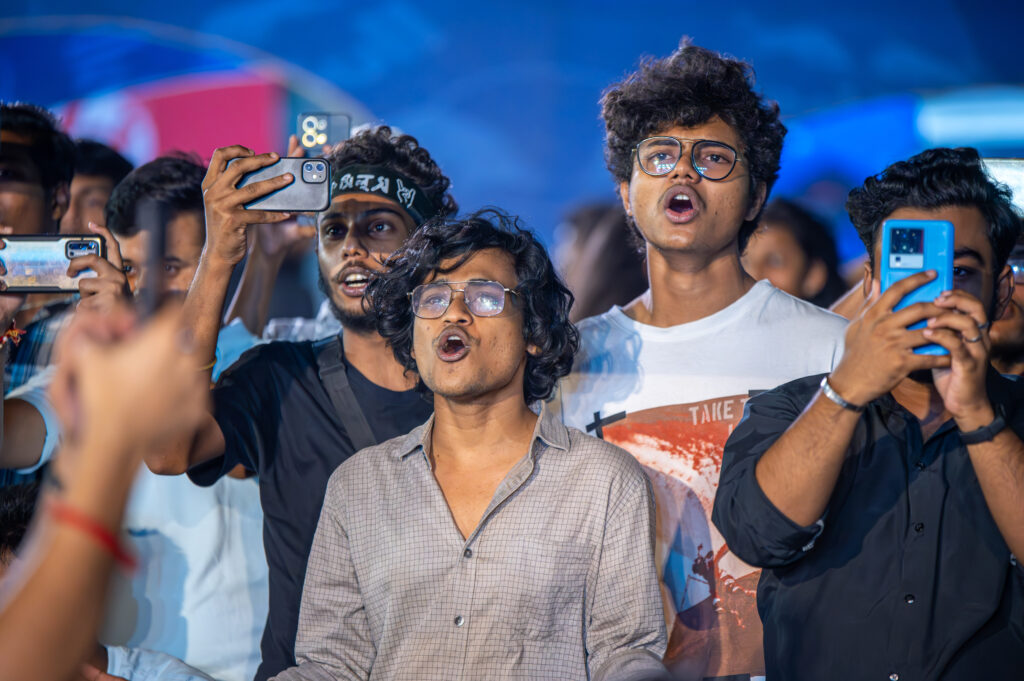
The panel’s intense emotional depth seamlessly transitioned into an impromptu musical jam session that further electrified the atmosphere. As the phone lights of the audience twinkled like a sea of stars, a collective sense of emotion washed over the crowd.
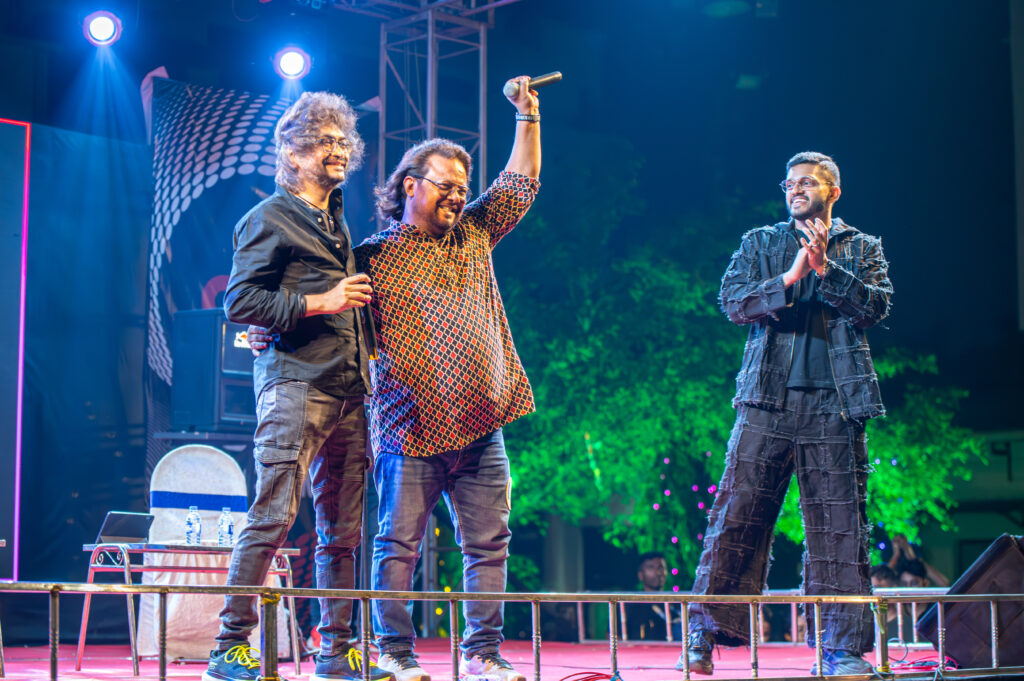
The emotionally charged performance concluded with a profound minute of silence in remembrance of those lost to suicide, followed by a heartfelt standing ovation that echoed the audience’s deep connection with the issues discussed. The campus of Techno Main Salt Lake was undeniably electrified – not just with energy, but with a palpable sense of introspection and the brilliance of artistic expression. EDGE 2025 had transcended the typical cultural festival, evolving into a vital space for reflection, empathy, and a powerful celebration of human resilience. The star-studded evening, featuring thought-provoking discussions and captivating performances, served as a potent reminder of the importance of open dialogue, artistic expression, and unwavering support in navigating the complexities of mental well-being in today’s world.


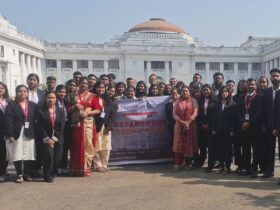
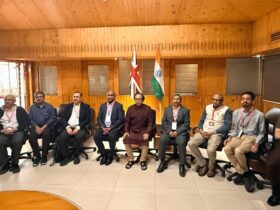
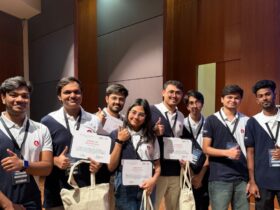

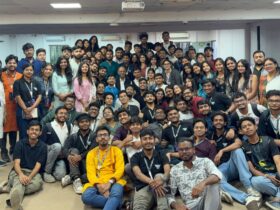

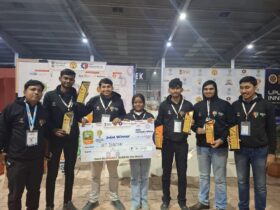
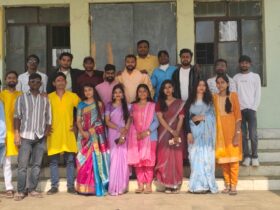
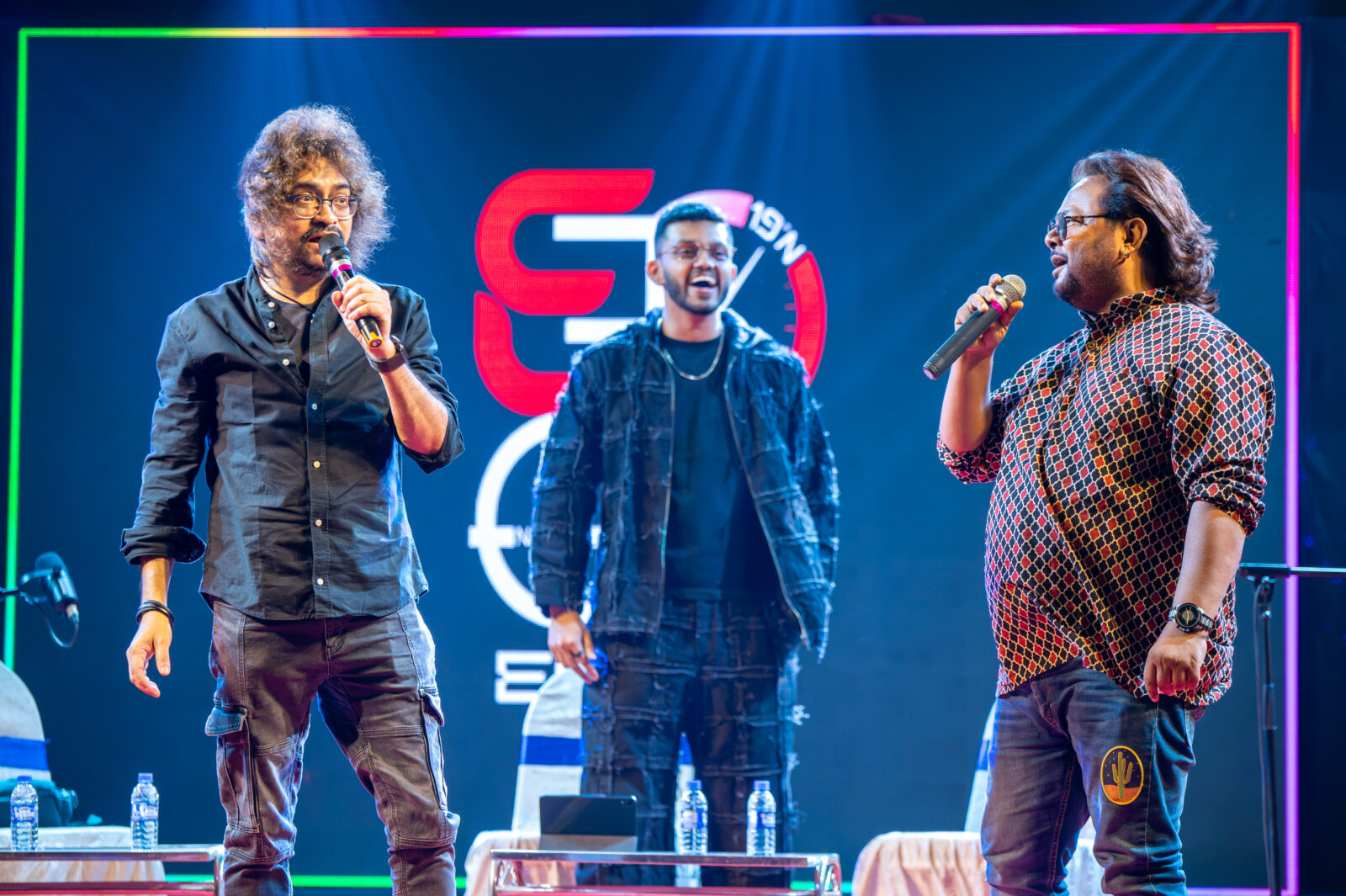
Leave a Reply